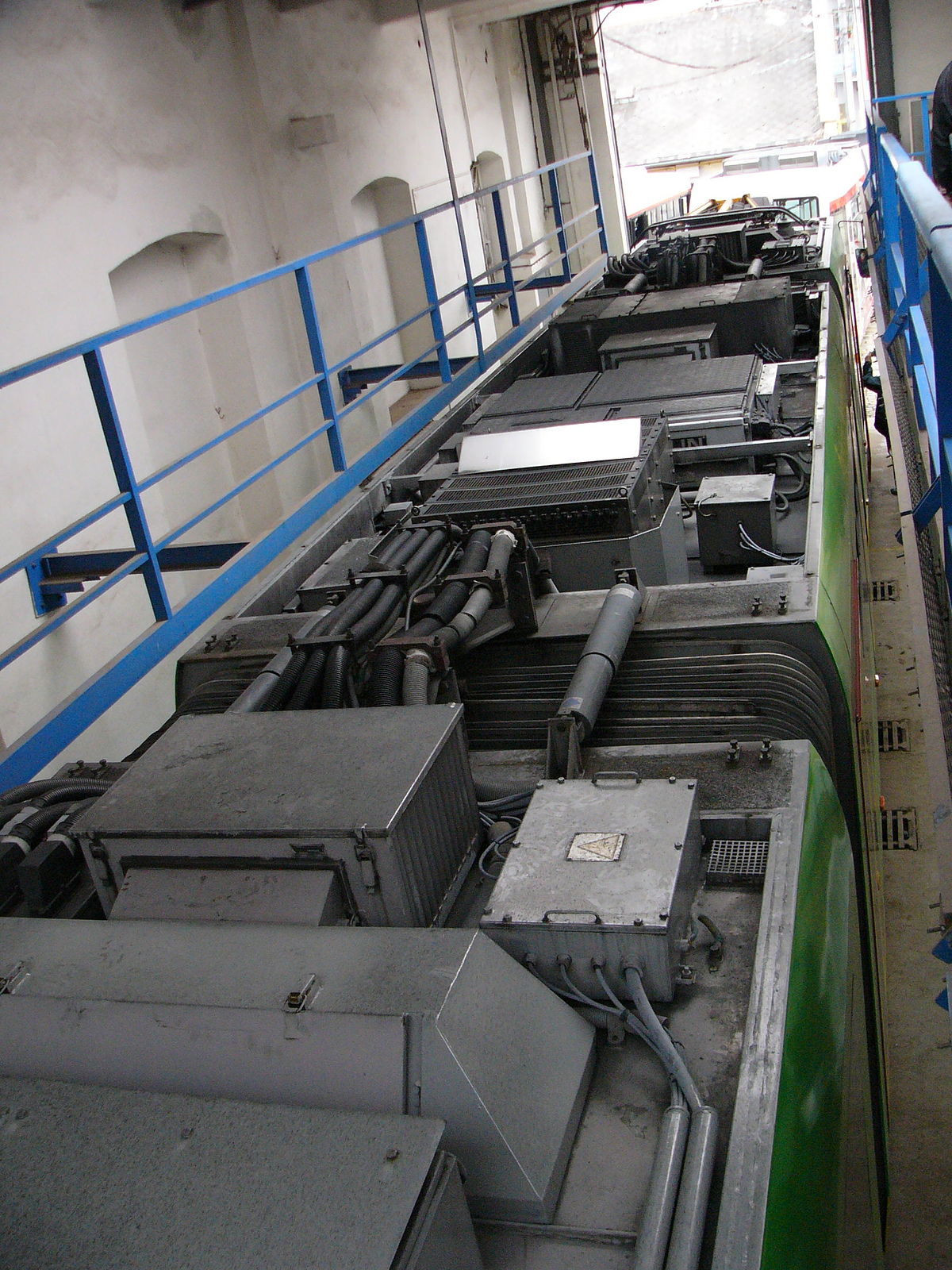- Joined
- Nov 27, 2022
- Messages
- 249
- Reaction score
- 394
- Points
- 139
- Location
- Street, Somerset
- Driving
- MG ZS EV
Just charged my car to 80% then took a pleasent round trip journey to a beauty spot near to me in Somerset. I travelled 8.4 miles and my MG ZS EV Trophy Connect now shows 81%. A 1% gain in battery power is pretty good.
I useually travel in ECO when I can and always Regen level 3. Although this route was uphill all the way but obviously downhill on the way back. Average Mkw/hr was 3.9.
I useually travel in ECO when I can and always Regen level 3. Although this route was uphill all the way but obviously downhill on the way back. Average Mkw/hr was 3.9.
